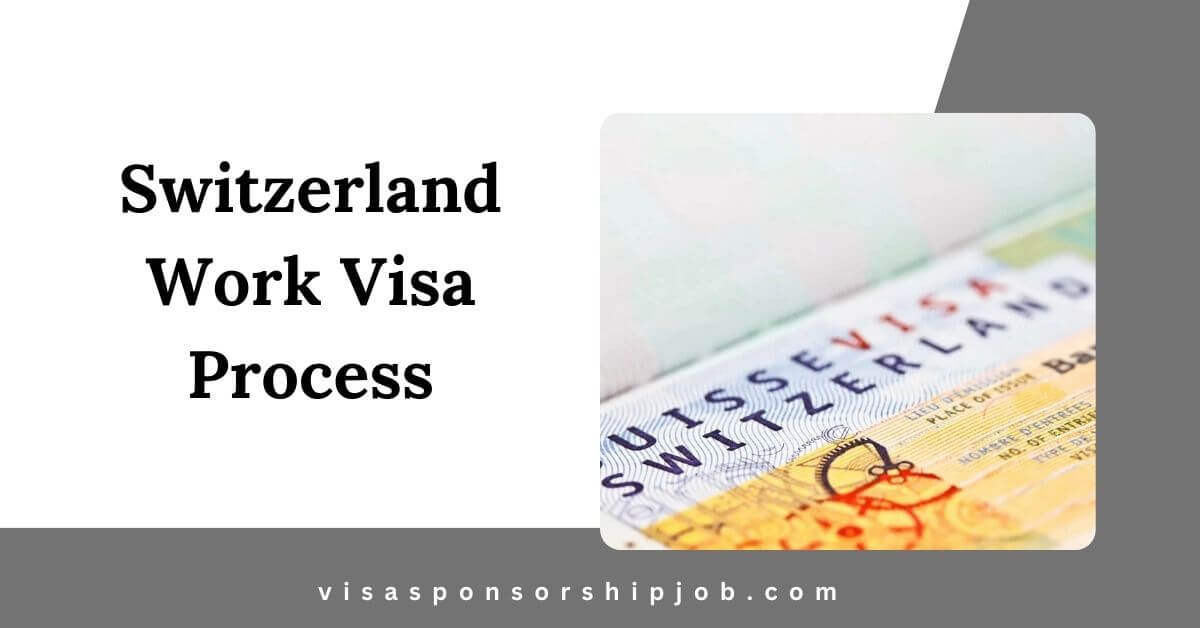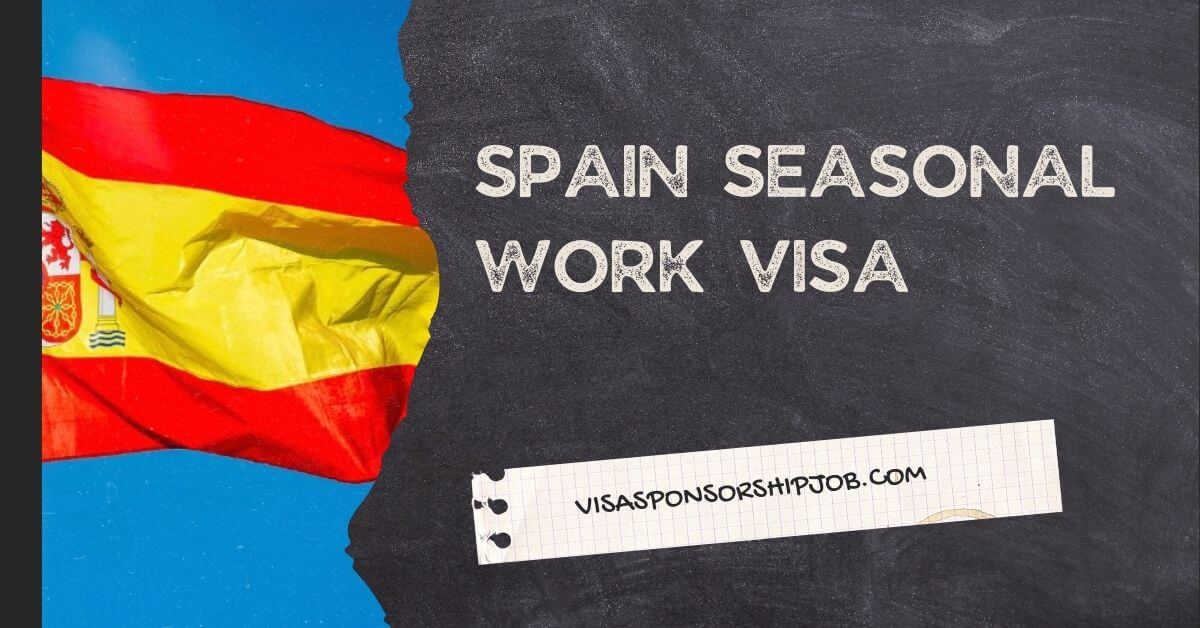Professionals from all over the world can find exciting jobs in Switzerland. However, getting a work visa is a basic condition for getting a job. This guide is meant to give you a clear picture of how to apply for a work visa, what you need to do to be eligible, and what tools are available to help you join the Swiss workforce.
Do You Need a Work Visa?
As a non-EU member but a part of the Schengen Agreement, Switzerland has different rules for people from different countries when it comes to visas. You don’t need a work visa to move to and work in Switzerland if you are from an EU or EFTA country. But for people who are not from the EU or EFTA, the process is a little more difficult.
Eligibility Criteria:
Switzerland wants to bring in workers with a lot of skills and experience. The following things must be true for you to be eligible for a work visa:
- Professional Qualification: Have a college degree or show that you have a lot of work experience and knowledge in your chosen area.
- Job Confirmation: Secure a confirmed job offer from a Swiss employer.
- Visa Quotas: Make sure that your application fits within the limitations on annual visas set by the Swiss government.
Benefits of Switzerland Work Visa:
- Access to a Strong Economy: Switzerland boasts a resilient and multifaceted economy that provides prospects across numerous sectors, including finance, pharmaceuticals, technology, and tourism. Acquiring a work visa enables individuals to access this environment characterized by economic stability.
- Quality of Life: Switzerland consistently achieves top rankings in international quality of life indices. Gaining entry to a nation that provides exceptional healthcare, education, public services, and an overall high standard of living are substantial advantages for country workers.
- Multilingual Environment: Switzerland is a multilingual nation with a population that speaks the four official languages (German, French, Italian, and Romansh). This multicultural setting may afford the chance to acquire or enhance language proficiency while also providing a one-of-a-kind experience.
- Opportunities for Networking: Working in Switzerland provides the chance to establish connections with industry experts and professionals from diverse backgrounds. The nation is the domicile of a multitude of international organizations and multinational corporations, which affords opportunities for networking on both domestic and international scales.
- Beautiful Environment: Switzerland is widely recognized for its aesthetically pleasing ecosystem, encompassing the Alps, serene lakes, and quaint urban centers. A generally healthful lifestyle, opportunities for outdoor activities, and participation in cultural events all contribute to a high quality of life beyond work.
- Stable Political Environment: Switzerland has gained recognition for its stance of political neutrality and stability. A nation with a solid standing for democracy and a solid reputation for safety and security in both employment and residence.
- Opportunities for Research and Innovation: Switzerland is replete with research institutions and places a significant emphasis on innovation. Gaining employment in Switzerland may grant one access to state-of-the-art research and development endeavors.
- Financial Opportunities: Switzerland is renowned for its banking and financial services, and its financial sector is highly developed. A career in this industry can provide both financial security and professional advancement.
- Excellent Public Transportation: Switzerland’s public transportation system is renowned for its efficiency and seamless connectivity, which facilitates seamless movement across the nation and enables visitors to traverse its picturesque locales with ease.
- Global Business Hub: A global business center is frequently attributed to Switzerland on account of its geographically central position within Europe. This may prove to be beneficial for individuals employed in finance, international trade, and other sectors pertaining to the global community.
Types of Work Visas: Understanding Your Options
- Permit L (Short-term Residence): This visa is only good for one year at a time, needs proof of work from a Swiss company, and can’t be extended for another 24 months.
- Permit B (Long-term Residence): Permit B users can live and work in Switzerland for a long time because it is renewed every year. When someone has lived in Switzerland with a B Permit for ten years in a row, they can ask for a C Permit.
- Permit C (Permanent Residence): Permit C people have complete freedom because they can work for any company and live anywhere in Switzerland.
Application Process Explained: A Step-by-Step Guide
- Secure Employment: Find and accept a job offer in Switzerland, and make sure that the company will pay for your visa application.
- Gather Documentation: Gather all the proof you need for your work visa application, such as proof of your education, work experience, and ability to pay for the trip.
- Employer-Initiated Residence Permit: Your company will start the process of getting you a residence permit in Switzerland.
- Work Visa Application: You can apply for a Swiss work visa at the Swiss embassy or consulate in your country, or you can use VFS Global.
Read Also: Estonia Jobs and Work VISA Process
Where do I look for visa sponsorship jobs?
Switzerland is home to many global companies that are known for helping people get work visas. Some well-known names are:
- Nestle
- Novartis
- Roche Group
- Glencore
- Adecco
- United Nations
- World Health Organization
- World Trade Organization
- CERN
- ETH Zurich
Conclusion:
Going on a professional trip in Switzerland can be a very rewarding and enriching experience. If you carefully plan, make sure you know what the visa standards are, and follow the steps for applying, you can improve your chances of getting a work visa and starting a rewarding career in Switzerland.
Frequently Asked Questions:
What Are The Eligibility Criteria for Switzerland Work Visa Process
Professional Qualification: Have a college degree or show that you have a lot of work experience and knowledge in your chosen area.
Job Confirmation: Secure a confirmed job offer from a Swiss employer.
Visa Quotas: Make sure that your application fits within the limitations on annual visas set by the Swiss government.Do I Need a Work Visa to Move to Switzerland and Work?
You don’t need a work visa if you are from an EU or EFTA country. People who are not from the EU or EFTA need a work visa.
Is it easy to get a work visa in Switzerland?
Non-EU nationals who intend to live and work in Switzerland should be aware that the Swiss government has permit quotas, which only allow a certain number of permits to be distributed every year.






